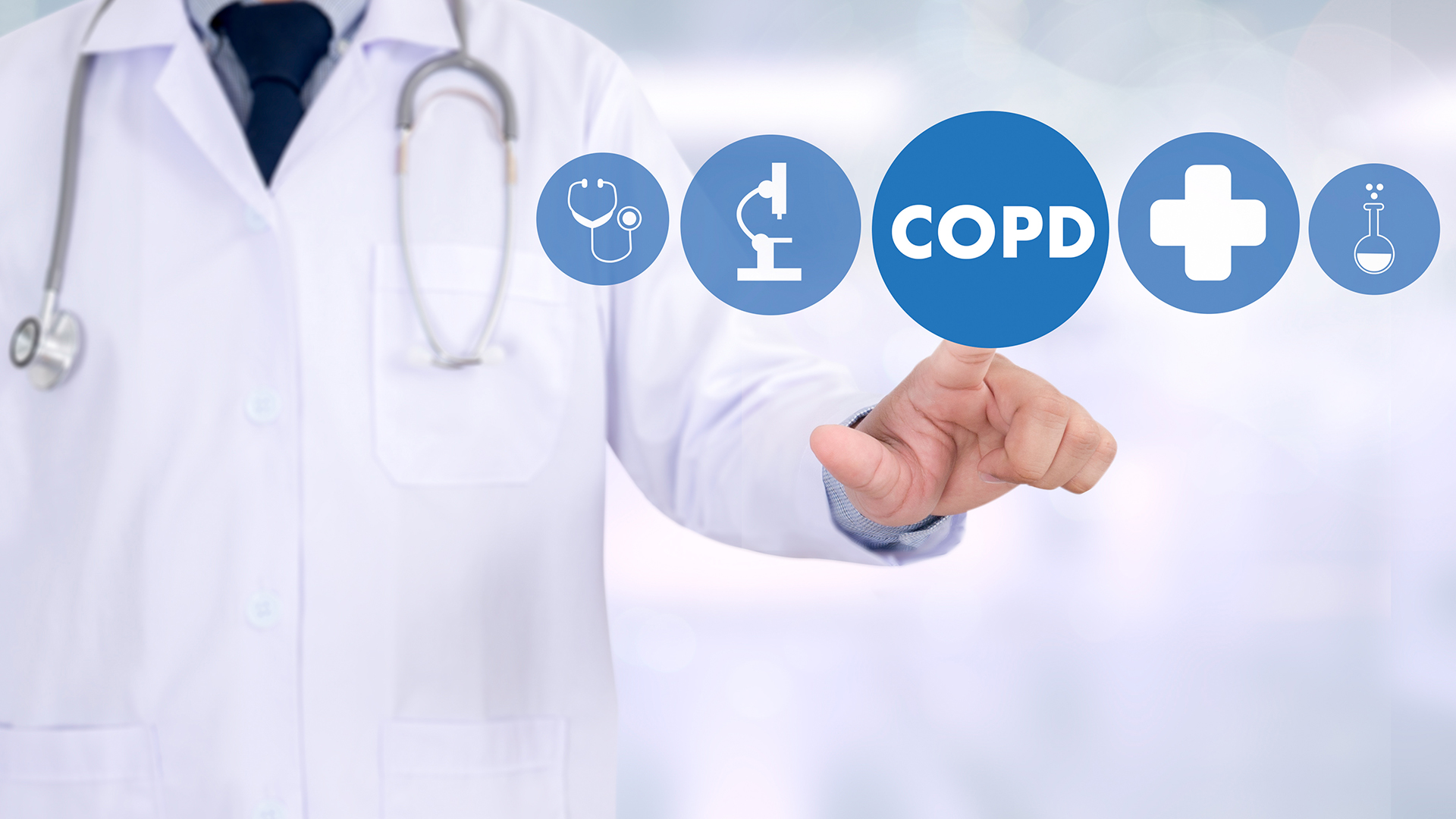The Mayo Clinic describes COPD (Chronic Obstructive Pulmonary Disease) as a “chronic inflammatory lung disease that causes obstructed airflow from the lungs.” It often refers to a group of lung diseases like emphysema and chronic bronchitis. Symptoms include difficulty breathing, coughing, and wheezing. According to the CDC, more than 12 million adults have been diagnosed with COPD in the past year, and an estimated 160,000 people have died from the disease. Now, let’s take a minute to breakdown COPD. How do you get COPD, and what can you do to prevent it? Read on to learn more.
COPD Risk Factors
Damage to your lungs is caused by exposure to irritants over time. These irritants can cause the airways in your lungs to be obstructed. The most common cause of COPD is smoking. About 85-90% of people diagnosed with COPD are/were smokers. Cigarettes contain more than 7,000 harmful chemicals including methane, nicotine, carbon monoxide, tar, and arsenic! These toxins weaken your lungs and cause your air tubes to swell, making it hard to breathe, among other things. Other risk factors for COPD include exposure to air pollution, working with chemicals, dust, and fumes, and breathing secondhand smoke.
Is COPD Reversible or Irreversible?
You may be wondering if COPD is reversible or irreversible. Unfortunately, there is no cure for COPD. A cure would require stopping the continuous degeneration of lung tissue and improve the damage already caused. And as of right now, this cure has yet to be found.
The number one thing you can do to prevent COPD is never to pick up a cigarette. However, if you are a smoker, quit smoking. The American Lung Association has many programs to help you stop. Also, make sure you limit yourself to secondhand smoke and take precautions to protect yourself against harmful chemicals and fumes.
COPD Treatment Options
If you have COPD, all hope is not lost. COPD is treatable, and with proper management, you can control your symptoms and lead a good quality of life. Lifestyle changes can help you, such as keeping physically active and eating well. Medications like inhaled therapies, oral medications, and surgery are also treatments you may consider.
If you have been diagnosed with COPD, clinical research studies may also be an option. To learn more about our currently enrolling COPD studies, call (770) 903-0148.
Recent Posts
Three Ways to Deal with Heartburn
Heartburn Treatment Options Heartburn can be a difficult, painful, and distracting condition. Anyone who has experienced heartburn can understand the extreme discomfort and pain associated [...]
Does Obesity Run In Your Family?
Rare Genetic Variants May Be Causing Your Obesity Does obesity seem to run in your family? Have you struggled with your weight your entire life? [...]
Treatment for Type 2 Diabetes and Chronic Kidney Disease
Do You Have Chronic Kidney Disease? Metformin is a type of medication that is commonly used for patients with type 2 diabetes. It helps control [...]



